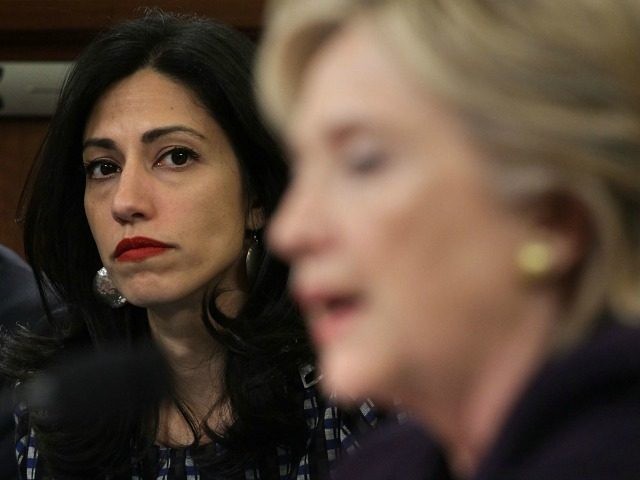TEL AVIV – The State Department used deceptive means to ensure staff at the U.S. Special Mission in Benghazi received diplomatic immunity without notifying the acting Libyan government of the existence of the American mission in Benghazi.
That detail is contained in the final report of the House Republicans Select Committee on Benghazi, released on Tuesday and reviewed in full by Breitbart Jerusalem. The report further shows that the State Department acted in an underhanded way so as not to “raise congressional notification issues” regarding the Benghazi mission.
The report relates State Department discussions “ensued over how to bring the personnel in Benghazi under the diplomatic umbrella of the Embassy in Tripoli without triggering formal recognition of the Benghazi office.”
The report states Joan A. Polaschik, Deputy Chief of Mission in Libya, “was aware of this issue and wanted to ensure that all personnel in Benghazi had the protections of the privileges and immunities accorded by the Vienna Convention.”
The U.S. is a signatory to the 1961 Vienna Convention on Diplomatic Relations, which governs the establishment of overseas missions.
According to Article 2 of the convention, the establishment of “permanent diplomatic missions” requires notification to the host nation. “The establishment of diplomatic relations between States, and of permanent diplomatic missions, takes place by mutual consent.”
The Republican report documents State got around the issue of notifying the Libyan Transitional Government about the U.S. Benghazi Mission’s existence by claiming that staff there were really working at the publically known U.S. Embassy in Tripoli 404 miles away.
Listing personnel in Benghazi as a separate office was rejected, however, as “[t]he reference to the establishment of an office in Benghazi may raise congressional notification issues ….”Earlier in the year, [Clinton deputy Patrick F.] Kennedy, determined congressional notification was not needed because “the Hill knows we are there.”
Ultimately, it was decided to submit “one dip[lomatic] list for Tripoli, but noting on it that certain staff members will be performing their duties on a TDY (temporary duty travel) basis in Benghazi.”
Thus, without formally notifying the new Libyan government of the Benghazi Mission, the personnel in Benghazi received diplomatic immunity only because the State Department told the Libyan government the personnel in Benghazi were actually assigned to Tripoli.
The State Department’s own Accountability Review Board (ARB), co-authored by seasoned diplomat Thomas Pickering, documented the Libyan government was not notified about the Benghazi mission’s existence.
“Another key driver behind the weak security platform in Benghazi was the decision to treat Benghazi as a temporary, residential facility, not officially notified to the host government, even though it was also a full-time office facility,” the report states.
“This resulted in the Special Mission compound being excepted from office facility standards and accountability under the Secure Embassy Construction and Counterterrorism Act of 1999 (SECCA) and the Overseas Security Policy Board (OSPB).”
I previously reported on questions about whether the State Department’s qualifications of the U.S. Special Mission may have violated the Vienna Convention:
According to Pickering’s (ARB) report, there was a decision “to treat Benghazi as a temporary, residential facility,” likely disqualifying the building from permanent mission status if the mission was indeed temporary.
However, the same sentence in Pickering’s report noted the host government was not notified about the Benghazi mission “even though it was also a full-time office facility.”
Articles 12 of the Vienna Convention dictates, “The sending State may not, without the prior express consent of the receiving State, establish offices forming part of the mission in localities other than those in which the mission itself is established.”
If the Benghazi mission was a “full-time office facility,” it may violate Article 12 in that the mission most likely was considered an arm of the U.S. Embassy in Tripoli, which served as the main U.S. mission to Libya.
Aaron Klein is Breitbart’s Jerusalem bureau chief and senior investigative reporter. He is a New York Times bestselling author and hosts the popular weekend talk radio program, “Aaron Klein Investigative Radio.” Follow him on Twitter @AaronKleinShow. Follow him on Facebook.
With additional research by Joshua Klein.

COMMENTS
Please let us know if you're having issues with commenting.